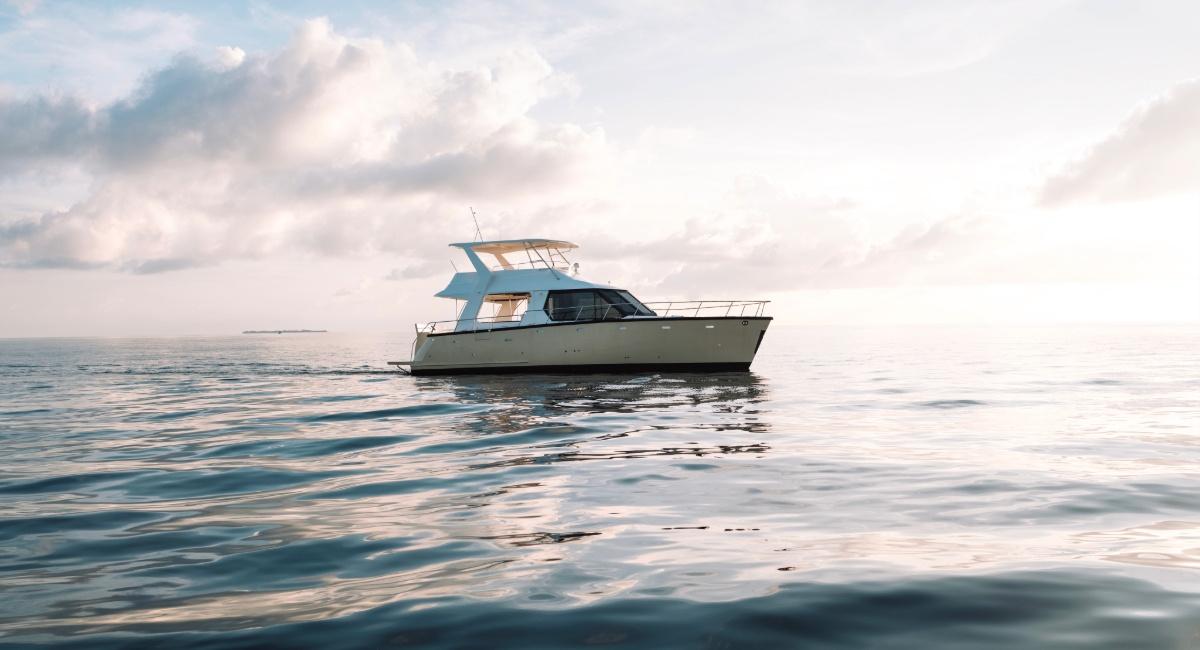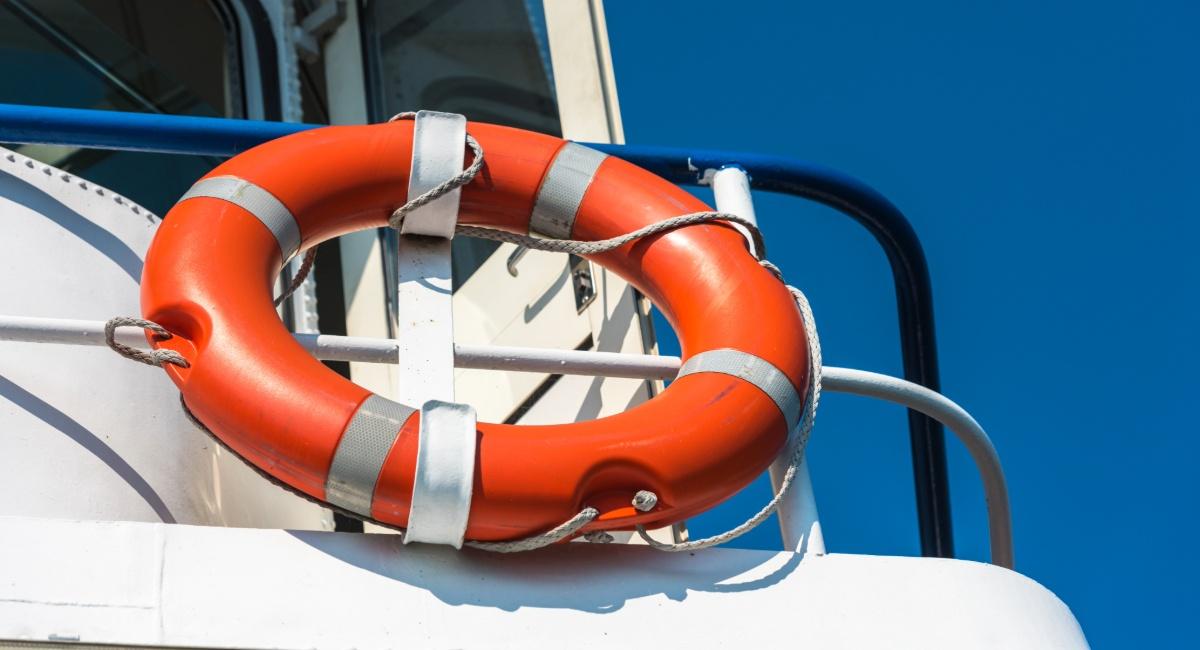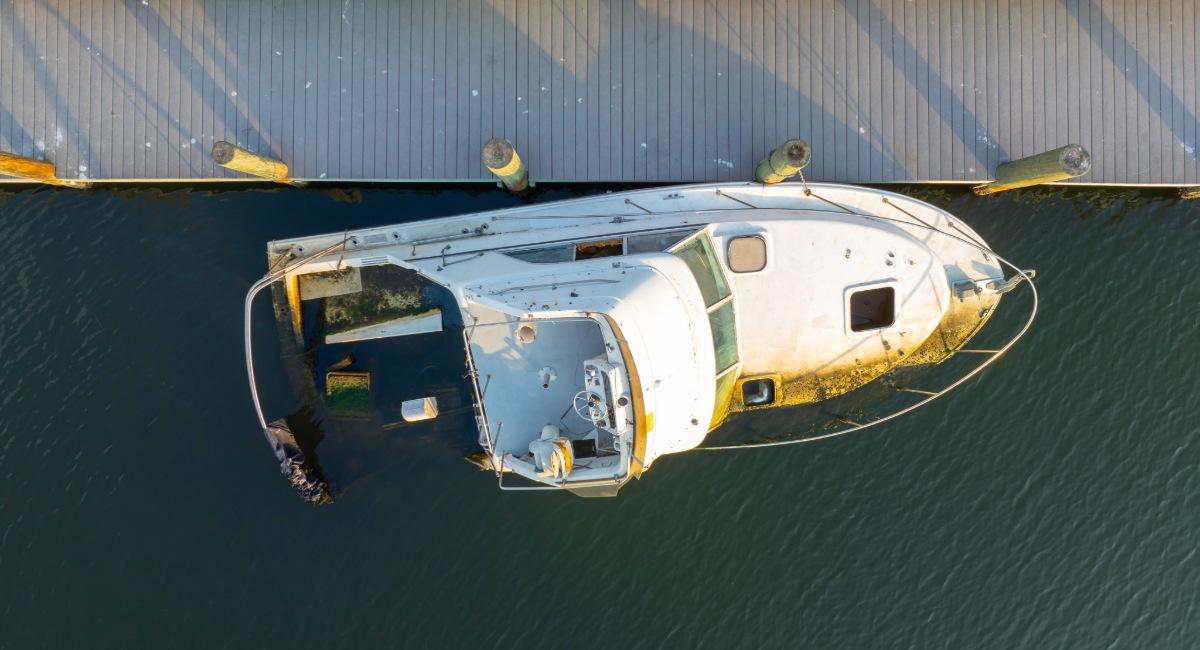Jul 18, 2025
How to Choose the Right Boat Insurance Coverage for Your Vessel
How to Choose the Right Boat Insurance Coverage for Your Vessel
Expert guide to choosing boat insurance coverage. Compare costs, coverage types, and find the best protection for your vessel. Get quotes from top providers.
Hit the road
Blog Post
Education

TL;DR - Cut Through the Confusion
Here's the deal: picking boat insurance doesn't have to feel like navigating choppy waters in a storm. Most boat owners pay between $200-$500 yearly (think 1-5% of your boat's value), and while you're probably not legally required to have it, your marina and lender definitely care. The sweet spot? Liability coverage (because accidents happen), hull protection (your biggest investment deserves it), and maybe some extras like towing coverage (trust us on this one). Shop around, ask about safety course discounts, and don't overthink it. The goal is simple: get the right protection so you can focus on what really matters—making memories on the water.
Is Boat Insurance Really Necessary?
Picture this: you're having the perfect day on your 24-foot center console, until you're not. A rogue wave catches you off guard near a rocky jetty, and suddenly your weekend warrior is sporting a nice gash in the hull and a very expensive repair bill. Without insurance? That's a $15,000 lesson in why coverage matters.
Here's the thing about boat insurance: most states don't actually require it. Only Arkansas and Utah make it mandatory (and only for boats with engines over 50 horsepower). But before you start thinking you can skip it, hold on.
You'll definitely need coverage if:
- You're financing your boat (your lender will insist on it)
- You want to dock at any respectable marina (they typically require $300k+ in liability)
- You sleep better knowing you're protected (because peace of mind is priceless)
Even if nobody's forcing you to buy it, consider this: the Coast Guard reported over 6,200 boating accidents in 2022, resulting in $63 million in property damage according to their official accident statistics. That's a lot of expensive lessons you don't want to learn firsthand.
What Types of Coverage Do You Actually Need?
Boat insurance isn't just one thing; it's more like a Swiss Army knife of protection. Here's what you really need to know about the different pieces:
The Non-Negotiables
Liability Coverage: Your Financial Life Jacket. This is your "oops, you messed up" protection. Hit another boat? Damage a dock? Injure someone with your wake? Liability coverage handles the lawsuits, medical bills, and repair costs that could otherwise sink your finances. Most marinas want to see at least $300,000 in coverage, but honestly? Go higher if you can afford it. Legal bills alone can eat through that pretty quickly.
Hull Coverage: Protecting Your Floating Investment. Think of this as collision coverage for your boat. It protects against the usual suspects: storms, theft, fire, collisions, and that sinking feeling when something goes very wrong. The best policies offer "all risk" coverage, which basically means if it's not specifically excluded, you're covered.
The Smart Add-Ons
Medical Payments: Because Accidents Don't Check Insurance Cards. This kicks in immediately when someone gets hurt on your boat, regardless of who's at fault. No waiting, no finger-pointing, just coverage when you need it most.
Uninsured Boater Protection: The Reality Check. Since boat insurance isn't required everywhere, you might be surprised how many boaters are cruising around unprotected. This coverage has your back when they don't have theirs.
How Much Does Boat Insurance Cost in 2025-2026?

Let's talk numbers: the real ones, not the marketing fluff you see everywhere.
The Reality Check on Pricing:
- Your weekend fishing boat ($20,000): Around $300-400 per year
- Your family cruiser ($75,000): Expect $750-1,200 annually
- That yacht you're dreaming about ($250,000): We're talking $2,500-5,000+
Industry data shows costs ranging from $267 in Minnesota (thanks, short boating season!) to $839 in Florida (hello, year-round hurricanes). The rule of thumb? Budget about 1.5% of your boat's value each year.
What Drives Your Rate Up (or Down):
Geography is everything. Store your boat in hurricane alley? You'll pay for that privilege. Boat exclusively on peaceful inland lakes? Your wallet will thank you.
Your boat matters too. That twin-engine cigarette boat is going to cost more to insure than a pontoon. Speed kills—your premium, that is.
Your experience counts. Completed a boating safety course? Great! Clean driving record? Even better. Insurance companies love responsible boaters like you.
What's the Difference Between Agreed Value and Actual Cash Value Coverage?
This is where things get interesting, and honestly, where a lot of people make expensive mistakes.
Agreed Value = Peace of Mind. You and your insurer agree on your boat's value upfront. Total loss? You get that full amount, no arguments about depreciation. It costs more, but for newer boats or anything you've poured money into, it's worth it.
Actual Cash Value = Budget-Friendly Reality. Your payout is based on the current market value minus depreciation. It's cheaper, which is nice, but that 10-year-old boat might not fetch what you think it's worth.
Our take? If your boat is under 10 years old or worth more than $25,000, agreed value is usually the smarter play. For that older fishing boat that's been around the block? Actual cash value might be just fine.
What Additional Coverage Options Should You Consider?

Here's where we separate the weekend warriors from the serious mariners. These add-ons might seem like overkill until you need them.
Towing Coverage: Your Floating AAA On-water towing can run $400 per hour, and that's before you factor in the embarrassment of calling the Coast Guard for a simple breakdown. For the cost of a nice dinner, you can avoid both.
Fishing Equipment Coverage: For the Serious Anglers If you've got thousands tied up in rods, reels, and electronics, this isn't optional; it's essential. Tournament fishing? You definitely need this.
Fuel Spill Liability: The Coverage You Hope to Never Use. Environmental cleanup costs can dwarf your boat's value. We're talking hundreds of thousands, plus fines. This coverage handles the mess so you don't have to.
Hurricane Haul-Out: For Coastal Warriors. If you boat anywhere storms might visit, this pays to get your boat to safety. It's cheaper than rebuilding from the waterline up.
How Can You Save Money on Boat Insurance?
Who doesn't love saving money? Here's how you can get better coverage for less cash.
The Discount Game You Can Play:
- Take a boating safety course: Most insurers knock 5-15% off your premium
- Bundle up: Combine with your auto or home insurance for serious savings, or explore other recreational vehicles you might want to protect
- Stay claim-free: Clean records get rewarded
- Winter layup: If you store your boat during cold months, ask about seasonal discounts
Pro Tips from the Trenches:
- Raise your deductible to $1,000+ (you'll save 10-15% annually)
- Freshwater boating costs less than saltwater (another reason to love lakes)
- Security systems and GPS tracking can earn you discounts
- Shop around annually, loyalty doesn't always pay in insurance
- Consider bundling multiple recreational vehicles, like RV,s for maximum savings
Ready to hit the water with confidence? Get a fast, no-hassle quote from Roamly and find the perfect coverage for your boat, so you can focus on the adventure ahead. Our digital-first platform makes it easy to compare options and secure protection trusted by 10,000+ adventurers. Because the best insurance is the kind you never have to think about until you really need it.
Disclaimer: This information is for educational purposes and shouldn't replace professional insurance advice. Requirements vary by state and situation—always chat with a licensed agent for personalized guidance. Now get out there and make some waves!
Most policies cover anyone you give permission to operate your boat. But here's the catch: high-performance boats often have restrictions, and too many different operators can bump up your rates. Always check your specific policy, and maybe think twice about letting that one friend who thinks he's the next boat racing champion take the wheel.
Not even close. Most homeowners' policies max out at $1,000 or 10% of your home's value for watercraft, and they don't include liability coverage. That might cover a kayak, but it won't touch a real boat. You need dedicated marine coverage.
For older boats (usually 15+ years) or high-value vessels, many insurers require it. Even when they don't, surveys are worth it; they can help establish agreed value and catch problems before they become expensive surprises. Think of it as a physical for your boat.
We get the temptation, why pay for something you're not using? But boats can burn, get stolen, or suffer storm damage even in storage. Instead, ask about "lay-up" coverage that reduces your premium while maintaining basic protection. Just remember: take the boat out one day early, and you're not covered.
The usual suspects: normal wear and tear, racing (unless you specifically add it), commercial use, and anything you do intentionally. Most policies also exclude manufacturer defects and gradual damage. Read the exclusions, they're usually written in plain English these days.
Roamly Insurance Group, LLC ("Roamly") is a licensed general agent for affiliated and non-affiliated insurance companies. Roamly is licensed as an agency in all states in which products are offered. Roamly license numbers. Availability and qualification for coverage, terms, rates, and discounts may vary by jurisdiction. We do not in any way imply that the materials on the site or products are available in jurisdictions in which we are not licensed to do business or that we are soliciting business in any such jurisdiction. Coverage under your insurance policy is subject to the terms and conditions of that policy and is ultimately the decision of the buyer.
Policies provided by Roamly are underwritten by Spinnaker Insurance Company, Progressive Insurance Company, Safeco Insurance Company, Foremost Insurance Company, National General Insurance, Mobilitas Insurance Company, and others.
Connect
© 2026 Roamly All rights reserved.
